Interesting article from Philippe Isler from WEF Global Alliance for Trade Facilitation (GATF) about how trade facilitation plays a crucial role in the supply chain developments needed in the post-pandemic world.
After two years of a global pandemic, international trade is bruised and battered. The carefully tuned machinery we call the supply chain has become erratic, impacting all parts of the world. We overestimated the sturdiness of the system and underestimated the costs of dysfunction. While international trade remains resilient, its recovery will probably take an adjusted form.
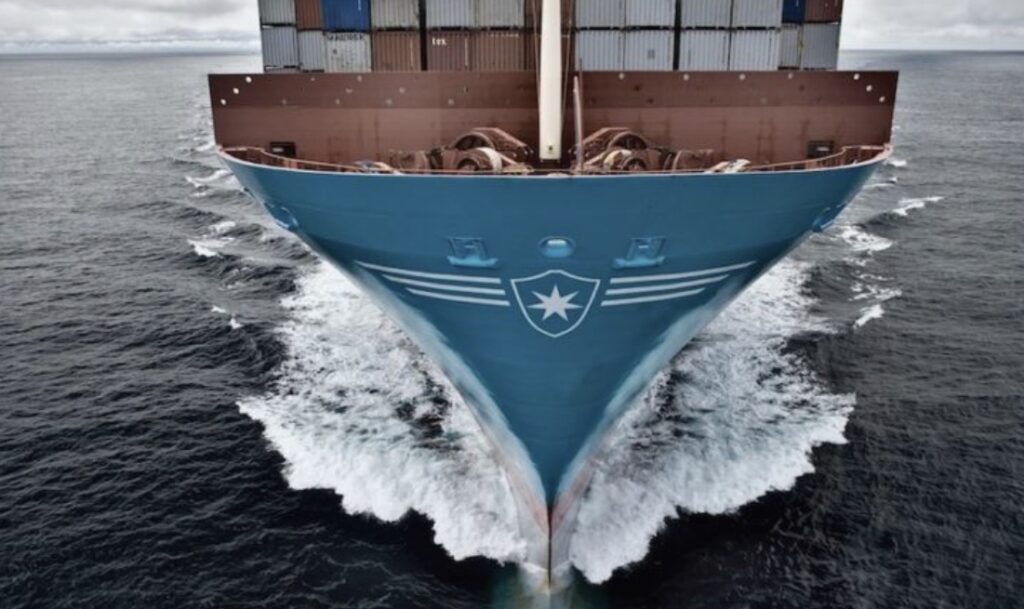
Emerging economies are bearing the brunt of the pandemic inflicted trade disruption. Countries that painstakingly invested in joining the international value chain producing textiles, machinery parts, electronic components and agricultural produce are feeling the pinch.
Bananas are piling up in seaports due to shortages of containers and carton boxes; vehicle parts manufacturers are missing their service level agreements due to late arrival of consignments at the assembly plants; and emerging e-commerce micro-enterprises are struggling as they face increasing transportation costs.
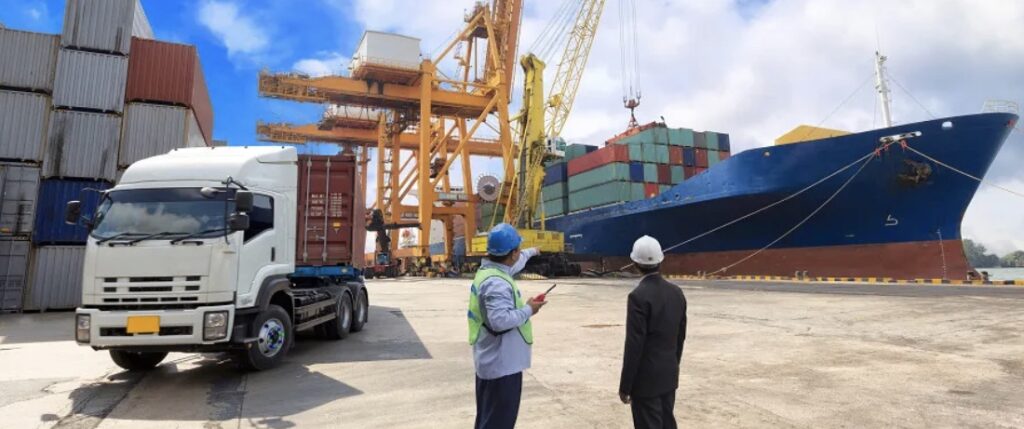
Behind the statistics and the headlines, there are people. Stretched supply chains threaten job stability, downsize business expansion plans, reduce investment, and undermine government tax revenues in the very countries that can least afford to cushion the blow by supporting the private sector through to recovery.
We can counter this disruption by increasing our efforts to cut the unnecessary delays and red tape at borders that continues to cause frustration, generate unnecessary costs and affect livelihoods. What used to be considered an inconvenience, or the cost of doing business, risks terminally damaging developing nations competitiveness in supply chains.
”A crisis can also be a catalyst for change”
But a crisis can also be a catalyst for change and the sheer scale of this pandemic presents an unprecedented opportunity for reform. Large enterprises, realising the fragility of their production processes, are scrambling to rethink their operations. Boardroom executives are considering spreading risk among multiple production plants, multiplying component suppliers, shortening the distances between production and assembly facilities, and bringing their manufacturing closer to their customers.
Such solutions would have been unthinkable before the pandemic but are now under serious consideration. With production costs no longer the sole decision criterion, developing countries – especially those closer to main consumption markets – offer the potential to become manufacturing and distribution hubs, e.g. North Africa for Europe and the Caribbean for North America.
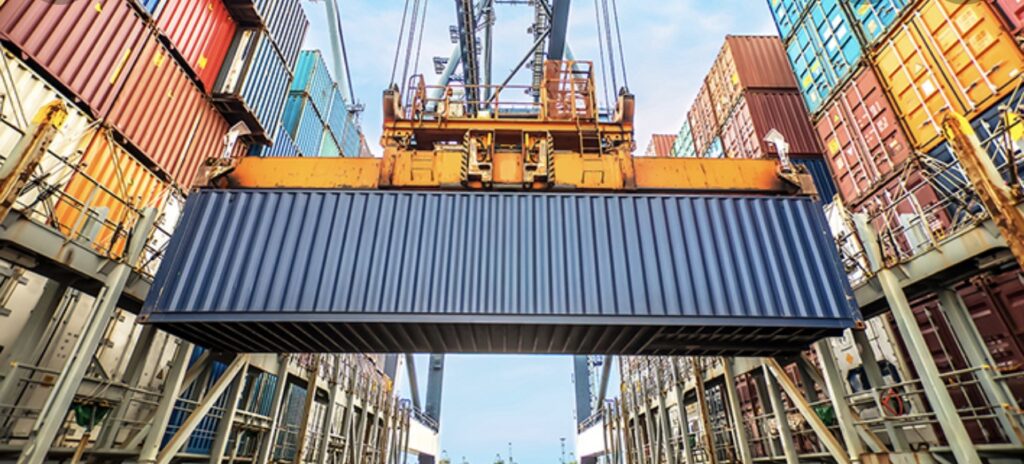
Yet geographical proximity isn’t enough. To succeed, these countries need to rapidly develop a vision for logistics improvement and implement plans backed by steadfast commitment from every public sector stakeholder involved in trade and investment, from government ministers to customs officials. There is no more space for unclear regulations, unpredictable processes, mountains of paperwork, half-implemented digital systems, facilitation payments and other endemic obstacles to trade.
During its six years in operation, the Global Alliance for Trade Facilitation has gained deep insights and experience into supporting those countries fully committed to trade facilitation reform. We have learned to remain focused, building solutions block-by-block, one step at a time. We have witnessed how private sector and government can create mutually beneficial relationships that contribute to economic wellbeing. Delivering trade facilitation should not be complex nor does it need to be costly, but it requires goodwill, experience and persistence.
The WTO Trade Facilitation Agreement (TFA) and related trade facilitation frameworks in the African Free Trade Area (AfCFTA) and elsewhere, provide the impetus, guidance, and the necessary tools to make trade easier. These efforts are underpinned by donor funding and technical assistance. As the TFA celebrates its fifth anniversary, there appears to be a general consensus that progress is being made with measurable, positive results. As the trade community continues this process, WTO members and the private sector are increasingly eager to see accelerating tangible impact.
Now is the time to act – by doing. There has never been a better time to seize the opportunity to facilitate trade.
Source: WEF
On February 26th the sixth and final series of BBCs Peaky Blinders will start.
The epic TV drama about a Birmingham gangster family set in 1900s England, centering on a gang who sew razor blades in the peaks of their caps, and their fierce boss Tommy Shelby and his family.

I can’t wait to see the final season, even though creator Steven Knight has opened up for an aftermath cinema movie next year.
The show is in my view one of the top ten best TV dramas ever. By order of the Peaky Blinders.
Maersk launches Digital Customs Academy with the UK IOE&IT to support customers with the complexity of customs. It’s a truly global e-learning platform for customs, logistics and global trade compliance.
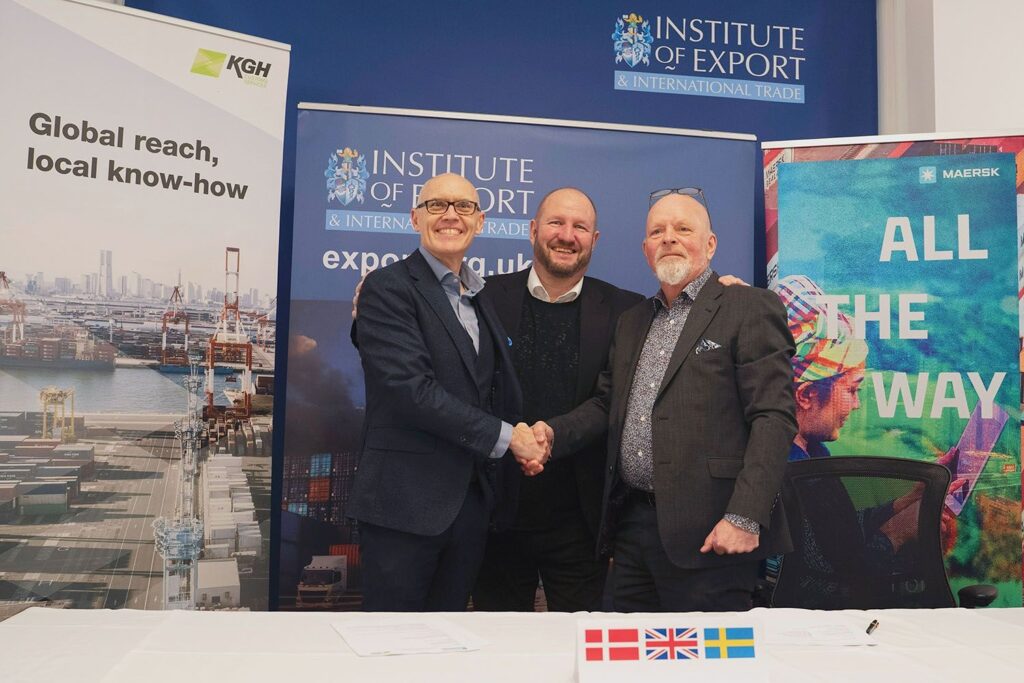
“In a globalised post-pandemic world, customs competence and knowledge ensures compliance and security, externally and internally. Maersk’s Digital Customs Academy provides capacity-building through a modern, cost-efficient digital customs training platform with certifications,” explains Lars Karlsson, Global Head of Trade and Customs Consulting Maersk.
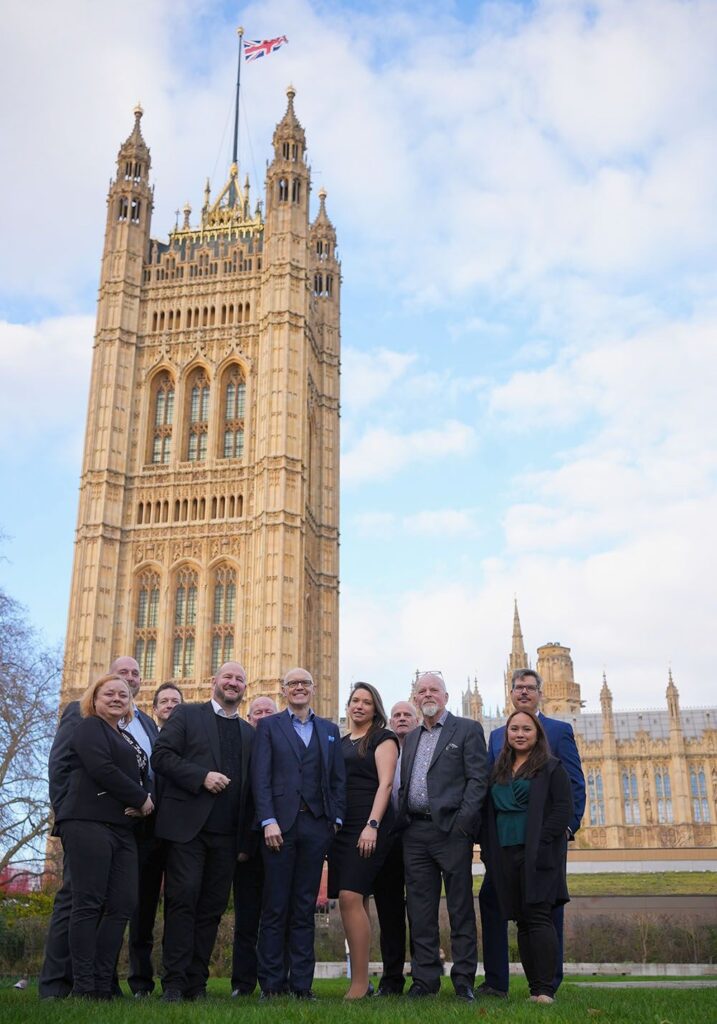
The platform, developed in partnership between KGH Customs Services and The Institute of Export & International Trade, is based on the successful experience delivered for Brexit related online customs training to the UK trading community with many thousands of students that during the pandemic have finalized their customs education online for the benefit of trade and society.
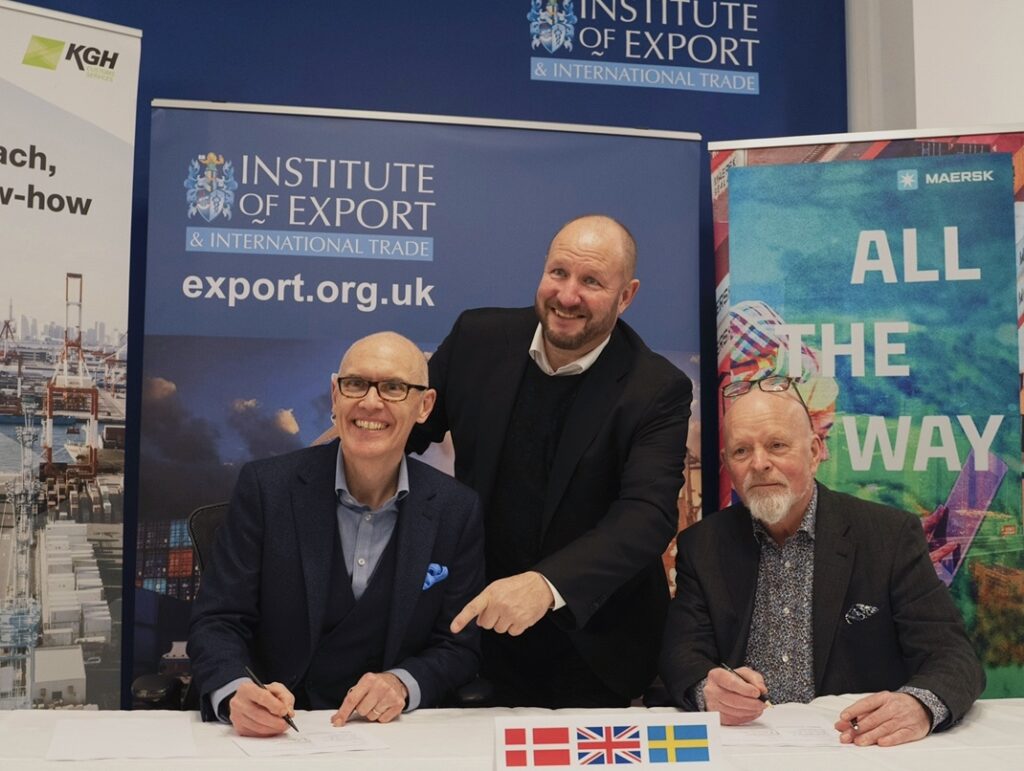
When the world of global trade is uncertain, this is the go-to place to be fast, compliant, cost-efficent, predictable and secure. Trade competence is key, now you can get the necessary knowledge easier.
Learn more here: https://lnkd.in/ejtrKq9s






You must be logged in to post a comment.